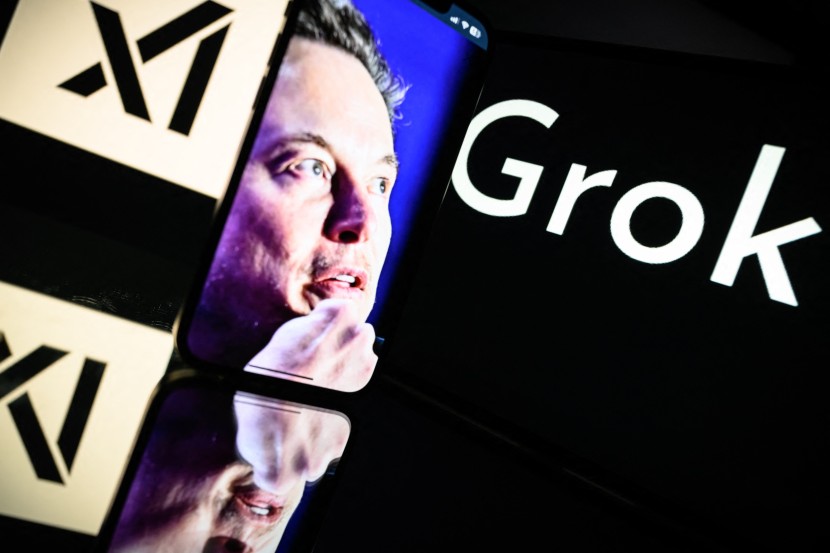Grokipedia, the new AI-driven encyclopedia founded by Elon Musk, has already stirred controversy. Launched last month by Musk's AI company, xAI, Grokipedia was marketed as a "fact-based" Wikipedia rival, taking on the heavily trafficked online resource that Musk, among others, frequently claims has a liberal bias.
But a new study from Cornell Tech researchers opens some deeply troubling questions about the platform's reliability.
Grokipedia Cited Banned and Biased Sources

The Cornell study found that much of Grokipedia's content is copied verbatim from Wikipedia. More incredibly, the site regularly cited sources banned by Wikipedia itself for being unreliable. One particularly striking example: an entry on the "Clinton body count" conspiracy theory that cited InfoWars, a source known across the globe for spreading disinformation.
This finding reveals a major problem: Grokipedia is trying to pass political rhetoric or just plain lies as fact to unsuspecting site visitors.
The Risk of AI Information Tools
But the stakes are higher than typical misinformation with Grokipedia. Being AI-powered, these tools scale the content distribution very quickly, sometimes reaching millions of users in seconds. Without correct oversight, this can amplify conspiracy theories and biased information at rates never seen before.
According to Digital Trends, one of those studies found that articles not copied from Wikipedia were three times more likely to cite unreliable sources and thirteen times more likely to reference blacklisted sources. That is particularly concerning because AI systems like Grokipedia operate without traditional editorial oversight, meaning inaccurate or harmful content can proliferate unchecked.
Musk's Growing Influence Over Information Platforms
Beyond Grokipedia, Musk now owns a string of the most influential sources of information, including X, formerly Twitter.
Adding social network influence to an AI-powered encyclopedia amplifies the possible consequences of misinformation: users might well pick up biased or entirely made-up facts, dissolution being confused for genuine knowledge, and generated algorithmic output.
Source Credibility Matters Always
The Grokipedia controversy pinpoints an important problem in the era of AI: source verification and reliability. Without standards on acceptable sources, AI platforms will continue to be a breeding ground for misleading information or politically biased data.
As such systems continue to proliferate, ensuring that content is accurate and trustworthy is important in protecting the public from misinformation.
Originally published on Tech Times








